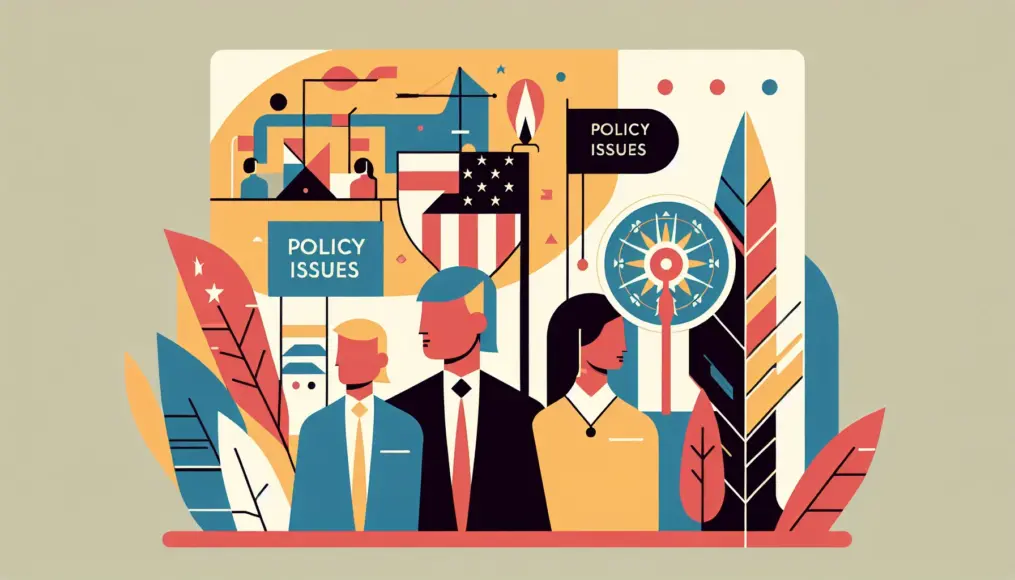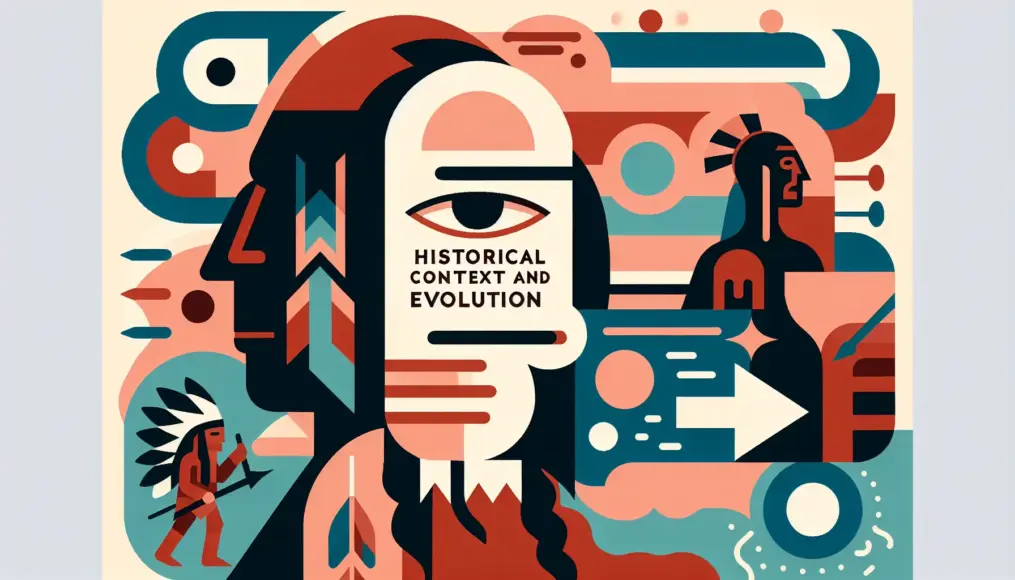Democratization policies are a crucial topic in today’s society. It’s essential for us as citizens to reflect on how we can participate in politics and make our voices heard. In the coming era, what we need is not just formal participation but a system that genuinely reflects our input.
In this article, we will explore the history of democratization in post-war Japan, alongside successful examples from abroad, while also addressing current challenges. Furthermore, we will discuss the necessity of democratization policies that look to the future, including strategies to encourage participation from local communities and young people. Let’s take a moment to consider the future of our political landscape together.
- Reflecting on the journey of democratization in post-war Japan
- Examining modern citizens’ voices and political dissatisfaction
- Proposing necessary perspectives for future democratization policies
The History and Background of Democratization Policies
Democratization policies have played a significant role in Japan’s political history. Particularly in the post-war era, Japan underwent a transformative period aimed at establishing democracy. In this chapter, we’ll reflect on the journey of democratization in post-war Japan and explore how citizens’ voices began to be integrated into policy-making. We’ll also examine successful examples from abroad, learning how democratization has progressed in various contexts, which will help us address contemporary challenges.
The Path to Democratization in Post-War Japan
After Japan’s defeat in World War II, the country faced a monumental turning point. During this time, a new constitution was established under occupation, laying the groundwork for democracy. The Japanese Constitution, enacted in 1947, explicitly guaranteed fundamental human rights and popular sovereignty. Through the development of such laws, the rights of citizens to participate in politics were secured.
Following this, reforms to the electoral system and the growth of political parties facilitated a shift toward democratic governance. This shift provided citizens with more opportunities to voice their opinions and influence policies. However, challenges have always persisted, and political dissatisfaction has occasionally surged. Understanding this history allows us to recognize the importance of current democratization policies.
- Constitutional reforms in post-war Japan laid the groundwork for democratization
- The historical backdrop of increased opportunities for political participation
- The importance of considering challenges in contemporary democratization policies
Successful Examples of Democratization Abroad
Globally, various countries have made strides in democratization, achieving notable successes. For instance, the abolition of apartheid in South Africa stands as a symbolic event where citizens united in their fight, ultimately realizing democracy. From such success stories, we learn just how vital citizen engagement is.
Similarly, in Eastern European countries, democratization advanced after the end of the Cold War. Citizens’ protests led to the collapse of long-standing authoritarian regimes, paving the way for free elections. While these cases differ based on individual national contexts, they share a common theme: the significant role of citizen participation. It’s essential for us to cherish our voices and consider the future of democratization policies.

If you’re interested in this article, you might also enjoy “The Future Shaped by Japan’s Politics and Education: Why Your Political Participation Matters.” This piece delves deeper into the interplay between politics and education, offering concrete ways to understand the importance of civic engagement. Be sure to check it out as you think about democratization!
- The success of South Africa’s abolition of apartheid
- Lessons on citizen power from the democratization processes in Eastern Europe
- The significance of democratization illustrated through various national examples
Challenges of Democratization Policies in the Modern Era
In today’s world, democratization policies face a range of challenges. As citizens’ voices gain importance, political dissatisfaction is on the rise. In this section, we will explore the background of this discontent and examine how citizens are expressing their opinions. We’ll also focus on the impact of new technologies on democratization efforts and consider potential future directions.
Political Discontent and Citizens’ Voices
It seems that an increasing number of people are feeling disillusioned with politics. Many citizens report that they struggle to see how policies affect their daily lives, leading to a decline in interest in elections and a rise in apathy. However, despite these challenges, there are still many who actively raise their voices.
For citizens’ opinions to be reflected in politics, participation is key. Various avenues for expression have emerged, from street protests to online petitions, allowing individuals to share their perspectives. This increased engagement provides politicians with a better understanding of public needs, enhancing the likelihood that policies will reflect citizens’ concerns. That’s why it’s crucial for each of us to speak up.
- The background of rising political dissatisfaction among citizens
- The diversification of activities where citizens raise their voices
- The growing importance of communication with politicians
The Impact of New Technologies
Recent advancements in technology have also influenced democratization policies. Particularly, social media and the internet have created an environment where citizens can easily express their opinions. As a result, more people can share their thoughts and find common ground with others. This trend has become a significant factor in increasing political interest.
On the flip side, the overwhelming amount of information poses its own challenges. The spread of fake news and misinformation complicates the task of discerning accurate information. Addressing these issues necessitates a focus on enhancing information literacy through education. Additionally, there is a growing demand for new policies that leverage technology to encourage civic participation.
- Social media and the internet are fostering citizen expression
- Concerns regarding the impact of fake news
- The increasing need for information literacy and new policies
The Need for Future Democratic Policies
As we think about future democratic policies, building sustainable political systems and fostering citizen participation in policy-making are essential. We are called to find fundamental solutions to the various challenges we face, rather than settling for mere band-aid fixes. In this chapter, let’s explore the direction that democratic policies need to take in the coming era and how citizens can take an active role in politics.
Building a Sustainable Political System
Creating a sustainable political system requires a long-term perspective. To tackle the complex issues facing modern society, such as environmental problems and economic disparities, it’s important to prioritize future-oriented initiatives rather than chasing short-term gains. This approach enables us to pass on a secure society to the next generation.
Moreover, political operations must be transparent and equitable. When citizens can participate in the decision-making process and feel that their voices are heard, trust in politics increases. This, in turn, encourages more people to engage with political matters and participate actively.
- Long-term perspectives are essential, rather than short-term gains
- Transparent and equitable political operations are necessary
- Efforts to enhance citizen trust are crucial
Citizen Participation in Policy-Making
Citizen participation in policy-making is a key element of democratic policies. Nowadays, there are more opportunities than ever for citizens to engage in policy discussions. For instance, community workshops and online forums allow individuals to share their opinions and ideas. These initiatives not only improve the quality of policies but also enhance the political consciousness of the participants themselves.
Furthermore, it is vital to value the voices of younger generations. Since they will shape the future society, increasing their opportunities to engage in politics from an early age is crucial. By doing so, we can incorporate a broader range of perspectives into policy-making, enabling us to build a more balanced society overall.
- Citizen participation in policy-making is the key to democracy
- Utilizing community workshops and online forums
- Valuing the voices of younger generations to build the future together
A Fresh Perspective on Addressing Hidden Needs
As we work towards democratization policies, it’s essential to pay attention to the often-overlooked needs within our communities. Specifically, strengthening local communities and encouraging political participation among young people are key factors that can lead to a better society in the future. In this section, we’ll explore ways to deepen community connections and initiatives that engage the younger generation in politics.
Strengthening Local Communities
Enhancing local communities is a crucial element in the pursuit of democratization. By creating spaces for residents to gather and exchange ideas, we can spark a greater interest in politics among more people. Events and workshops within the community can foster connections between residents, leading to more opportunities for them to contemplate policies that affect their lives.
Additionally, organizing regular surveys and discussion forums is an effective way to gauge community needs. This approach helps identify the services and policies that residents genuinely require, ensuring that their voices are heard and reflected in local governance. When community input shapes policies, we can achieve more relevant and actionable political outcomes.
- Creating spaces for community gatherings is vital
- Understanding local needs through discussions and surveys
- A system that reflects community voices in policy is essential
Encouraging Youth Political Participation
Promoting political participation among young people is also essential for future democratization efforts. The younger generation plays a significant role in shaping the future of society. However, there is a noticeable lack of interest in politics among them. Therefore, we need to implement initiatives that make it easier for young people to get involved.
For instance, enhancing political education in schools and universities is crucial. By learning the basics of politics and the actual processes behind policy-making, young individuals can develop their own opinions and feel empowered to express them. Furthermore, providing platforms for youth to voice their thoughts is highly effective. Utilizing social media campaigns and online forums can help gather their opinions and ensure they are considered in policy discussions.
- Strengthening political education in schools and universities is necessary
- Providing platforms for youth to express their opinions
- Using social media campaigns to amplify young voices
Conclusion
In this blog, we’ve explored the importance of democratization policies, their historical context, the challenges we face today, and the efforts needed for the future. How we, as citizens, engage with politics and express our opinions is crucial for building a better society. It’s essential to create an environment where our voices can influence policy, through initiatives that strengthen local communities and encourage young people to participate in the political process.
Moreover, by harnessing the advancements in modern technology to enhance transparency, we can encourage more people to take an interest in politics and get involved. The future of democratization policies depends on each of us actively participating, paving the way for a more sustainable and equitable society.
- Democratization policies are vital tools for reflecting citizens’ voices
- Strengthening local communities and encouraging youth participation are keys to the future
- There’s a need for improved transparency through technology
Our future is in our hands. We encourage you to value your opinions and ideas and to engage in the political process. If you have any thoughts or feedback on this article, please share them in the comments section. We look forward to hearing your voice!



Comment